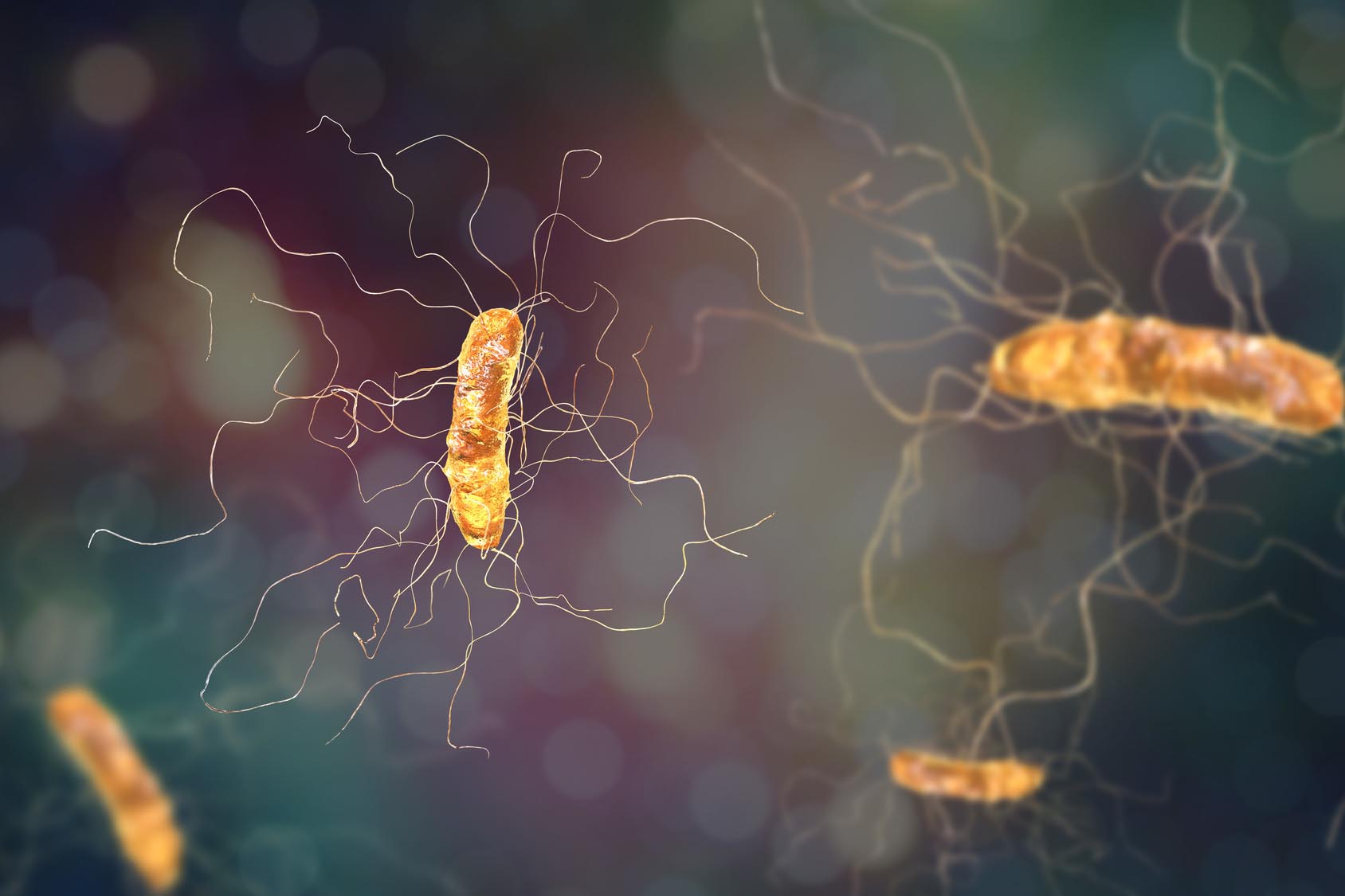-
What is already known on this topic
Fecal microbiota transplantation has become a mainstream treatment for recurrent Clostridium difficile infection. Fresh, frozen or lyophilized fecal products have shown comparable efficacy, and can be administered by enema. The oral delivery route has proved successful for both frozen and lyophilized fecal products. -
What this research adds
In a randomized clinical trial, the researchers assessed the safety and efficacy of orally administered lyophilized fecal product and frozen product given by enema. -
Conclusions
The oral and rectal routes of fecal product delivery have comparable efficacy, and the route of delivery does not influence the type of adverse reactions experienced by the FMT receiver.
Fecal microbiota transplantation (FMT) can be safely done either through orally administered lyophilized fecal product or frozen product given by enema, found a clinical trial led by Zhi-Dong Jiang at the University of Texas School of Public Health, Houston. The results were published on 2 November in the journal PLOS One.
FMT has become a widely-used treatment for patients with recurrent Clostridium difficile infection (CDI). Fresh, frozen or lyophilized fecal products can be given by enema and have shown comparable efficacy. More recently, the oral route has also proved successful for administering both frozen and lyophilized fecal products.
The researchers conducted a randomized clinical trial aimed at examining the safety and efficacy of orally administered lyophilized fecal product compared with frozen product given by enema. The team also compared the culturable bacteria in the lyophilized and frozen product with the fresh donor stools to determine whether lyophilization and freezing reduce the number of viable bacteria present in the finished product.
The team administered FMT to 65 individuals with recurrent CDI, defined as >3 bouts of watery stools in 24 hours for at least 2 consecutive days, with a positive test for fecal C. difficile toxins. Thirty-one individuals were given lyophilized fecal product as oral capsules and 34 received frozen fecal product by enema. Then, the researchers monitored adverse reactions for three months after FMT.
Both the oral and rectal routes of FMT delivery are safe
Seven days after treatment, no significant differences were observed for gastrointestinal symptoms between people who received lyophilized and frozen products, although those who received oral capsules were more likely to experience nausea or fecal urgency, while people receiving FMT by enema experienced more abdominal cramps.
Three months after treatment, there was no significant difference for adverse effects between people who received lyophilized and frozen product. Nine serious adverse reactions were reported. In the group receiving lyophilized product, the researchers recorded:
- two hospitalizations (one for CDI recurrence and one for of pneumonia)
- two deaths (one cerebral vascular accident and one cardiac failure)
In the group receiving frozen product by enema, the researchers recorded:
- four hospitalizations (one for inflammatory bowel disease, two from CDI recurrence, one for diverticulitis)
- one death (due to brain concussion from a fall)
None of the serious adverse events were related to the FMT and all deaths were due to comorbidities.
Both the oral and rectal routes of FMT delivery are effective
Of the 65 individuals enrolled in the study, 86% had no recurrent CDI in the two months following FMT. In the group that received a single oral capsule (100 g of fecal product in total), 63% of individuals were cured. In the group that received two oral capsules (200 g of fecal product in total), 91% of individuals were cured. In the group that received frozen FMT via enema, 88% of individuals were cured.
Lyophilization and freezing reduce the number of viable bacteria
Next, the researchers set out to assess whether lyophilization and freezing reduce the number of viable bacteria present in the finished product. Quantitative counts of culturable bacteria was significantly lower in the frozen and lyophilized fecal products compared to the fresh product (495.5±354.7 colonies for fresh, 136.8±140.4 for frozen, and 290.6±207.0 for lyophilized fecal products).
Both the oral and rectal routes of FMT delivery improve microbial diversity
The researchers also performed fecal microbiome sequencing analyses on 39 individuals. Before receiving FMT, individuals with CDI had low microbial diversity, which slightly improved 2 days after FMT and completely recovered by day 30.
Both the group that received FMT by oral capsule and the group that was given the enema improved their overall intestinal microbiota diversity. But those who received the frozen fecal product by enema experienced a more rapid microbiota normalization at day 2, suggesting that the frozen product was more effective at restoring bacterial diversity.
Clostridia were efficiently transferred by both the oral and rectal routes of FMT delivery, whereas Bacteroidia and Verrucomicrobia were efficiently transferred by the rectal route but not by the oral route.
In summary, the study shows that fecal products can be safely administered using oral capsules and enema. Both lyophilized, orally administered products and frozen products delivered by enema improve bacterial diversity, although lyophilization caused a reduction of certain microbial species.
Next, the team plans to study dose responses to establish the optimal dose of lyophilized product to treat recurrent CDI.









